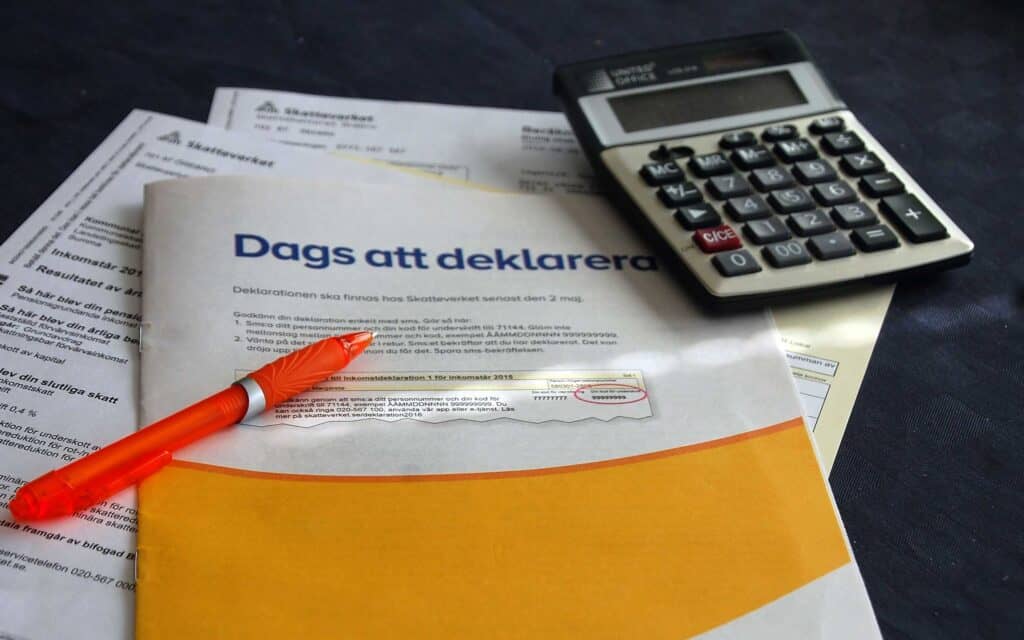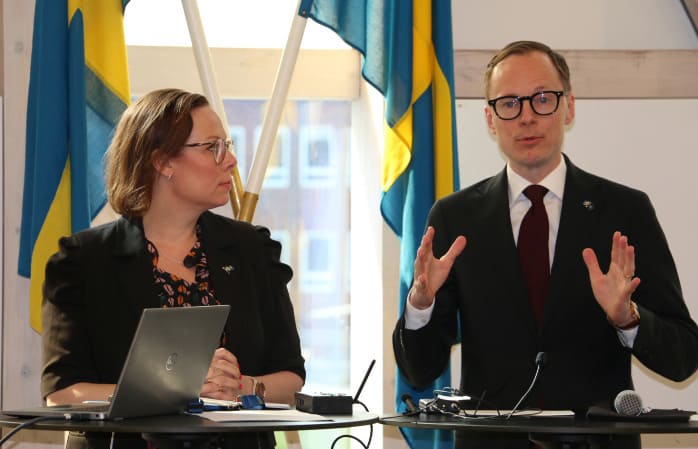A researcher who is not a Swedish citizen can have 25 per cent of their salary exempted from income tax. However, certain requirements need to be met: the application for expert tax must be submitted no later than three months after the person commenced their employment, they must not have lived or resided permanently in Sweden for the past five years, and they must intend to stay in the country for a maximum of seven years.
In order to qualify for the expert tax deduction, the Income Tax Act stipulates that the researcher’s work must include ”qualified research or development tasks of such nature or at such skill level that there is significant difficulty to recruit comparable personnel within Sweden”.
That stipulation has led the higher education institutions that Universitetsläraren has been in contact with to believe that only foreign researchers with specialist skills can be granted expert tax relief. But in practice, it is sufficient for the researcher to have worked for one to two years as a postdoctoral fellow to qualify, says Håkan Gustavsson, a tax lawyer at the Taxation of Research Workers Board, which processes the applications.
“If you have those qualifications and a position where at least 40 per cent of your working time is devoted to research, you are presumed to have an independent research position.”
The HR section at Lund University became aware of that interpretation only recently. “Knowledge of who can receive expert tax relief varies according to the department, and centrally we are also not always sure what rules apply,” says HR specialist Julia Edgerton.
Despite the university’s large number of foreign researchers, on average just 23 employees per year have been granted expert tax relief in the past three years. Armed with this new information, Edgerton guesses that at least a hundred researchers per year at Lund University could be granted expert tax relief.
It was also news to her that foreign researchers with permanent employment positions can also apply for expert tax relief, despite the legal requirement that the person intends to stay in Sweden for no longer than seven years.
The intention not to stay longer is difficult to assess and, according to Håkan Gustavsson, is made based on what the person states in their application.
“The form of employment says nothing about how long a person intends to stay here,” he says.
It is also only at the time of application that the person needs to have the intention to work in Sweden for a maximum of seven years. They will not be liable for repayment if they sometime later decide to stay longer.
That a couple of years of previous work as a postdoc is enough to qualify for expert tax relief was also news to Patrik Rosén, an HR specialist at Karolinska Institutet, KI. In March 2024, 16 employees at KI were receiving expert tax relief.
Rosén also points to the difficulty of ensuring that the departments communicate information about expert tax relief to new employees in time. At the beginning of their employment, they are inundated with information and can therefore miss the three-month application window.
Julia Edgerton says that Lund University does not refer to the expert tax relief in its recruitment marketing material, because there has been uncertainty about whether people will qualify for it or not. For the higher education institutions, a much more important issue is dealing with the obstacles for foreign researchers in the migration legislation.
The expert tax provisions are currently being reviewed, not least in the light of the misunderstandings and problems raised by Patrik Rosén and Julia Edgerton. The review will investigate whether the application period should be extended; whether the competence requirement should be lowered to a doctorate qualification; and whether the right to apply for expert tax relief should be extended to people who have recently obtained a doctorate in Sweden and to Swedes who have lived abroad for some time. The proposals are to be presented no later than January 15 2025.
About expert tax
Since the mid-1980s, foreign researchers working temporarily in Sweden have had the right to apply for tax relief.
The rules have changed over time, and since 2001, other types of expert are also eligible for expert tax, which exempts 25 per cent of the salary from income tax. The employer also does not pay social security contributions for that part of the salary.
Additionally, the expert does not have to pay tax for any cost reimbursements from the employer connected to moving to Sweden, for a maximum of two trips per year to their home country or for fees for children’s schooling.
Source: The Taxation of Research Workers Board; The Parliamentary Standing Committee on Taxation

















